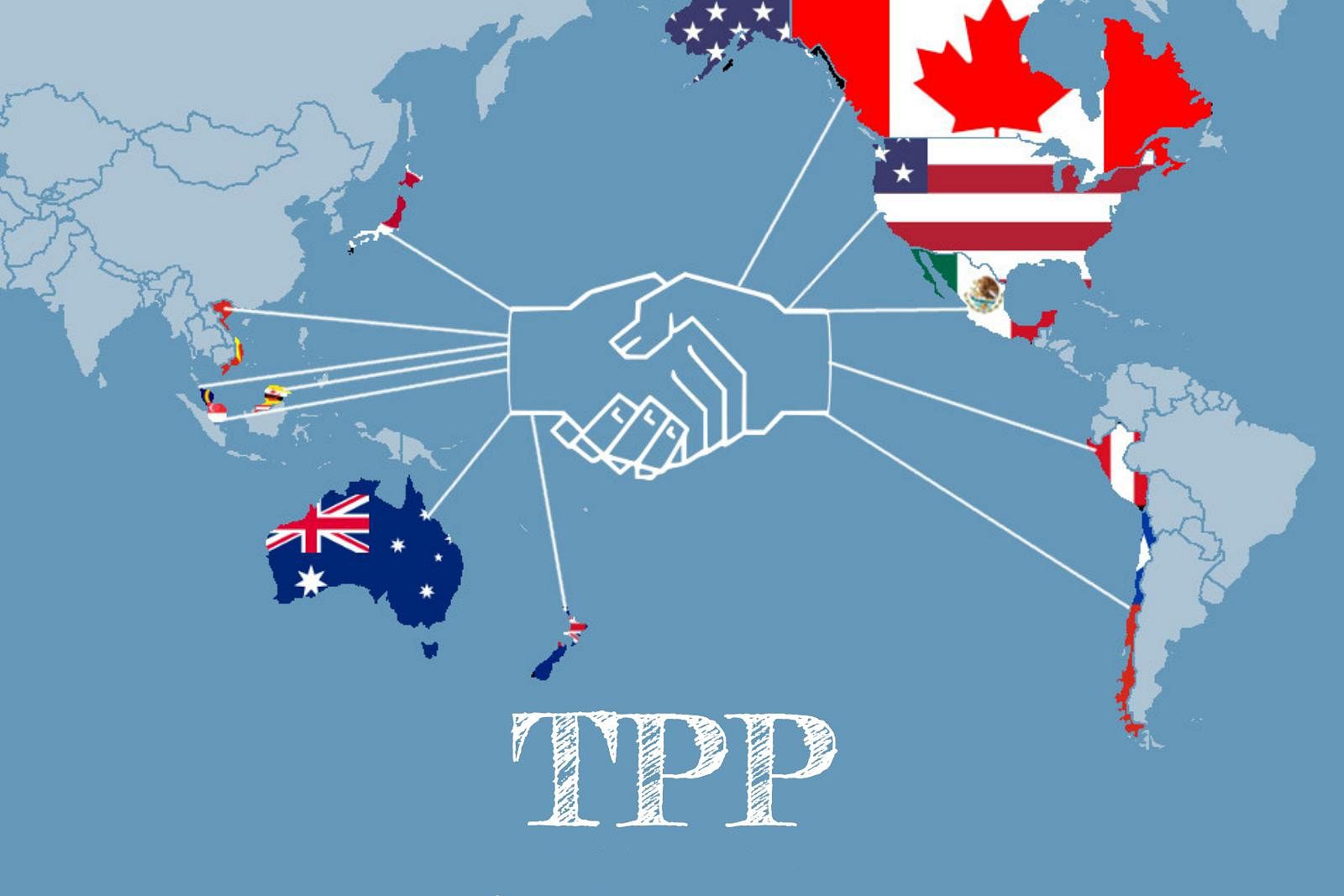Vietnam's National Assembly expects to ratify the Trans-Pacific Partnership (TPP) by August 9.
According to VnExpress, the deal's approval will come up during the National Assembly's next plenary session, which runs from July 20 to August 9. During this time, the Vietnamese government will ratify the landmark trade agreement which it signed in February.
While this marks a monumental step in the long road toward realizing the TPP, the benefit of Vietnam's ratification also hinges upon the other 11 member countries involved in the trade deal. In order for the TPP to take effect, it must be agreed upon by at least half of the participating nations, amounting to 85% of the trade zone's GDP.
This is of particular concern in the United States, which is home to the largest economy of the TPP signatories and currently in the midst of a presidential election whose outcome could have a clear impact on the passage of the trade deal in US Congress.
“Without the approval of the US Congress, the trade accord won’t come into effect even it is ratified by all the other countries,” Deputy Minister of Industry and Trade Tran Quoc Khanh said at a recent workshop promoting TPP opportunities, according to the news outlet.
Though US president Barack Obama has an optimistic outlook on the trade deal's approval in Congress, some worry that the country's current political climate may affect the TPP's passage.
Meanwhile, Vietnam has put forth efforts to adjust the laws and regulations governing its industries in anticipation of TPP approval. For instance, one stipulation of the TPP agreement is the allowance of independent labor unions, which must exist within five years of the trade deal's approval. Though no major changes have been made yet, Vietnamese legislators are currently exploring ways in which to amend national law in order to fall in line with these regulations.
Businesses, too, are attempting to adjust ahead of the trade deal. According to a survey conducted by Vietnam's Chamber of Commerce and Industry (VCCI), nearly 90% of local companies are planning to upgrade their product quality within the next three years in order to remain competitive in a TPP market.
However, while some are optimistic about the benefits of the TPP – as one of the smaller economies involved in the deal, Vietnam has already been declared the trade agreement's “winner” – concerns remain about how the country's companies will keep up.
“[Vietnamese companies] are faced with many difficulties in their efforts to enhance their competitiveness including cumbersome bureaucracy, excessive customs paperwork, weak infrastructure and an unskilled labor force,” Nguyen Thi Thu Trang, head of the WTO Center under VCCI, told VnExpress.
Throughout the trade deal's creation, dozens of experts have weighed in on the TPP and the effects it could have on the global economy. Proponents have sung the praises of the TPP, arguing the agreement could add as much as 30% to Vietnam's GDP, while opponents believe the pact would do harm to the world's working-class people.
[Photo via Viet Giai Tri]














